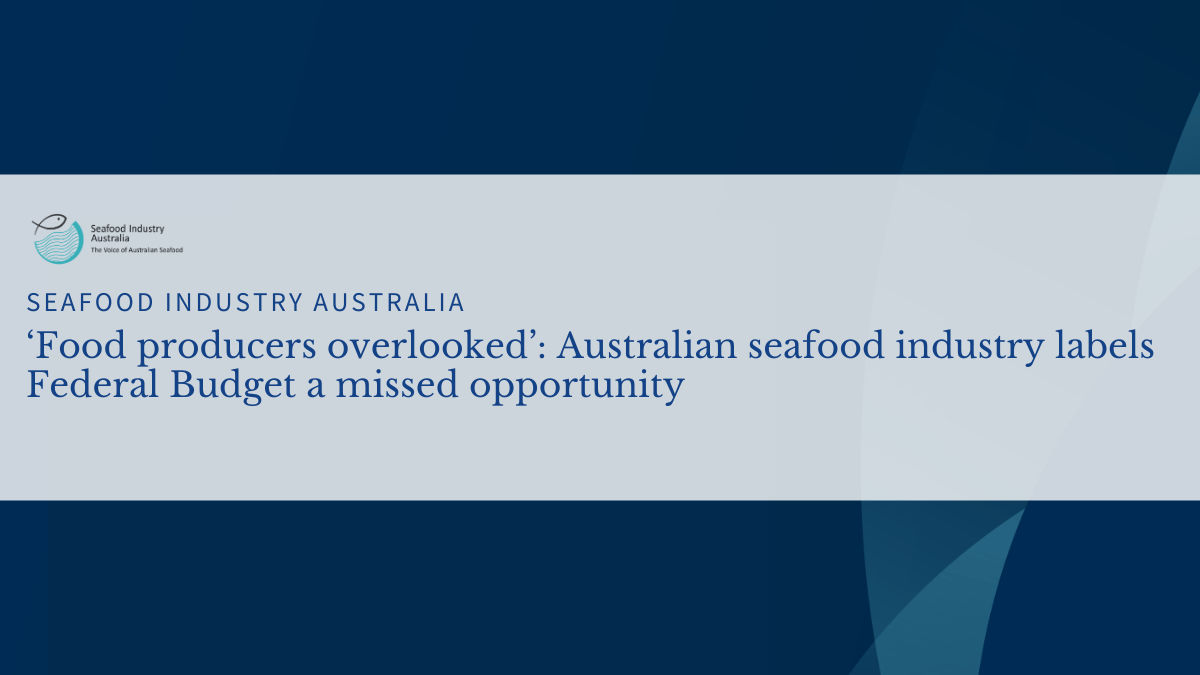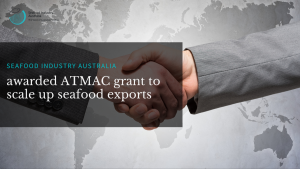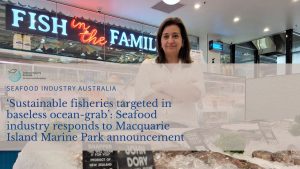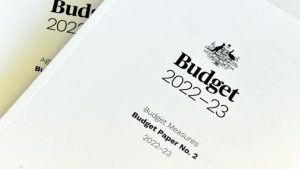Seafood Industry Australia (SIA), the national peak-body representing Australia’s commercial seafood industry, has called the 2023-24 Federal Budget “a missed opportunity for Regional and Rural Australia” that places further pressure on Australian food producers.
“We believe the Government has missed an opportunity to support our seafood producers, businesses and the broader agricultural sector, who play a vital role in the Australian economy and support the livelihoods of thousands of Australians in Regional and Rural Australia,” SIA CEO Veronica Papacosta said.
“The budget has not addressed the challenges being faced by the seafood industry, including increased production costs and labour shortages. The increase in the heavy vehicle road user charge, raising the Temporary Skilled Migration Income Threshold (TSMIT), and the biosecurity protection levy to be placed on our producers are going to make it harder for our producers to operate, in an already challenging environment.
“The Government has missed an opportunity to promote growth and development in Australian agriculture by capping asset write-offs, and lacks a focus on domestic manufacturing initiatives.
“We acknowledge and thank the Minister for Agriculture, Fisheries and Forestry Senator Murray Watt for reaffirming the government’s committed to continuing the rollout of country of origin seafood labelling sold in foodservice over the next 12 months.
“Australia’s food supply-chain has faced well documented worker shortages since COVID, and the increase to the TSMIT is going to make it harder and more costly for Australian businesses to attract and retain the workers we need.
“We are an industry reliant on foreign labour. We simply cannot find Australians willing to fill our vacant roles. What the TSMIT increase fails to take into account are the standing costs associated with the use of foreign labour including visas, insurance and travel. Importantly, this is not unique to the seafood sector. This decision will increase hardship to businesses already under strain right across the supply-chain.
“The heavy vehicle road user charge is being raised by 6 per cent a year for the next three years. This means the cost for transporting food and fibre around the country will increase. Coupled with workforce issues in the supply chain, further exacerbated by this budget, there will continue to be upward pressure placed on food prices for Australians, and further exacerbate cost of living pressures. This is something we never want to see.
“We acknowledge and appreciate the Government’s recognition of the importance of biosecurity to the industry and the wider Australian community. We welcome the commitment to increased biosecurity funding, however we would have hoped the risk-creators would have had a higher focus.
“While the cost being placed on those who benefit from a strong biosecurity system may seem low on face value, they, coupled with increases to the TSMIT and road use, add up.
“What might look good on paper has very real implications on the Australians working hard to put food on tables right around the country.”
<ENDS>
For more information or to organise an interview with SIA CEO Veronica Papacosta
please contact SIA communications and public affairs manager Jessica McInerney
E: jessica@463.9af.myftpupload.com M: 0420 695 431







